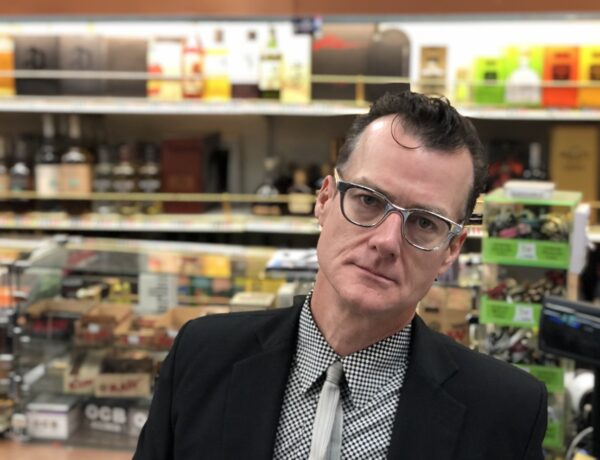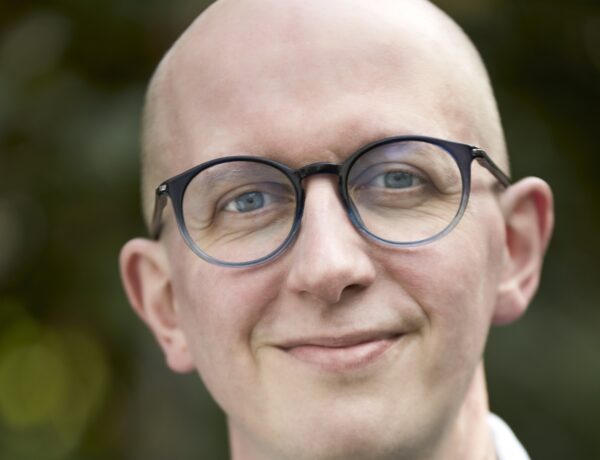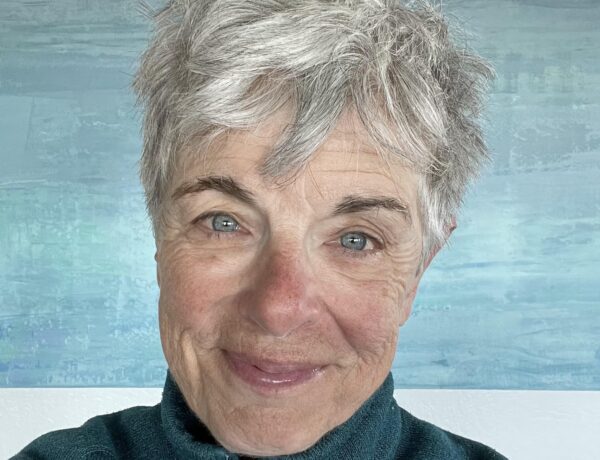Adam Croft is a highly successful independent author with over two million books sold worldwide. Known for achieving seven Amazon storewide number 1 bestsellers in multiple countries, his 2015 bestseller Her Last Tomorrow became a global phenomenon.
His Knight & Culverhouse crime thriller series and Kempston Hardwick mystery books have garnered international acclaim, the latter adapted into audio plays with renowned British TV actors. Adam’s significant contributions to literature were recognized in 2018 when he was conferred an Honorary Doctor of Arts by the University of Bedfordshire. His expertise in independent publishing has made him a respected voice in media outlets such as the BBC and The Guardian.
Hi Adam, welcome to Famous Writing Routines, great to have you here with us today! Can you tell us about your journey to becoming one of the most successful independently published authors in the world?
That’s a difficult journey to summarise, mainly because it took a number of years! I was very fortunate to be around at the start of the digital publishing revolution, and to help shape the way the industry evolved. For me, it was my ninth book — Her Last Tomorrow — that really tipped things over the edge, but there were five solid years of hard work before that.
Speaking on that, Her Last Tomorrow became one of the best-selling books of the year. Can you walk us through your creative process when writing the book?
I think that was my first book that began as a “what if” idea. At the time I started writing it, I was blissfully ignorant to trends (as I still am) and hadn’t even heard the term “psychological thriller”. As far as I was concerned, what I had was an idea for a crime novel but told from the point of view of the victim and with the police very much as background characters. I guess that’s what a psychological thriller is, in a way — or certainly a subset of the genre.
It didn’t really fit into what I’d written before. It was a departure in style, and it was also the first book I’d written that wasn’t part of a series, so I didn’t expect much of it. In fact, it remained unfinished and half-written for a good few months, before I decided to finish it and put it out there. That decision came after I began experimenting more heavily with marketing and advertising my books online, and it occurred to me that the hook “Could you murder your wife to save your daughter?” was something that would communicate well through online ads and social media.
The Knight & Culverhouse crime thriller series and Kempston Hardwick mystery books have seen huge popularity worldwide, what inspired you to write in the crime genre?
Quite simply, it’s what I was reading at the time and what caused that first idea to germinate. I think the (relative, for the time) success of that first book led to me naturally wanting to stick not only with the genre, but to continue the series, and things went from there. The Kempston Hardwick books began with Exit Stage Left, my third book, which came out about a year later. They’re more of a quirky, humorous mystery series — cozy-ish, but with the tongue planted firmly in cheek.
You’ve been featured on numerous news and media outlets and are considered to be one of the world’s leading experts on independent publishing, can you share some of your insights and tips for aspiring authors looking to independently publish their work?
I think my biggest tip would be to forge your own path. In a game where standing out and getting noticed is key, it’s wise not to follow the crowd and get lost within it. Quite often, you’ll be noticed purely for being the one walking in the opposite direction to everyone else.
And don’t necessarily pay too much attention to what others are doing, and certainly don’t assume their way is the right way or has directly caused their success in any way. Luck and circumstances play a huge part, and it can be easy to apply cause and effect unwisely. I see people emulating things I’ve done all the time, even though I know damn well those particular things have actively harmed my progress.
It’s easy for people to assume that because I’ve been successful, and because I did things x and y, that doing those things must be a good idea. The truth is I do bloody stupid things all the time, and I wouldn’t recommend most of them. Fortunately, one only needs to hit the bullseye once or twice in this industry, and even I can manage that.
Can you tell us about your writing routine? What does a typical day look like for you?
I wish I had a typical day! My working week is shorter than it was, as I look after my children for half the week. The time I have left has to be carefully managed, so I try to get my writing done first thing in the morning, especially if I’m actively working on a book. In the build-up to a launch, writing can stop altogether and the working day gets consumed by marketing, logistics, planning and panicking.
If you could have a conversation with any author throughout history about their writing routine and creative process, who would that person be?
It’d have to be Harold Pinter, although I don’t think I’d want to know anything more about his routine or creative process. It’s an almost mythical thing — something I feel I understand enough about through being very familiar with his work, but which remains just far enough out of reach to keep its allure. It’s a bit like watching a magic show — you know it’s not real and that the magician is doing something, but the moment he reveals his secrets the magic is destroyed.
I’d love to know about the books you’re reading at the moment. What have been some of your favorite recent reads?
Unfortunately, I’ve not had the time or space to read for leisure in quite a while now. I tend to lean towards non-fiction, mainly because reading fiction in my downtime can feel like a bit of a busman’s holiday. Besides which, I’m a lifelong learner. At the moment I tend to read a lot of articles and pieces online rather than actual books, but that’s only down to current circumstances.
What does your current writing workspace look like?
An absolute mess. As I sit here now I’ve got my two monitors in front of me, my mixing desk and microphones from podcasting and broadcasting, a control desk, a stack of papers and eight fountain pens which need cleaning and re-inking. I daren’t look any further to my left, because there’s an even bigger pile of papers that need sorting and filing away, and if I don’t look at them I can pretend they don’t exist.



No Comments